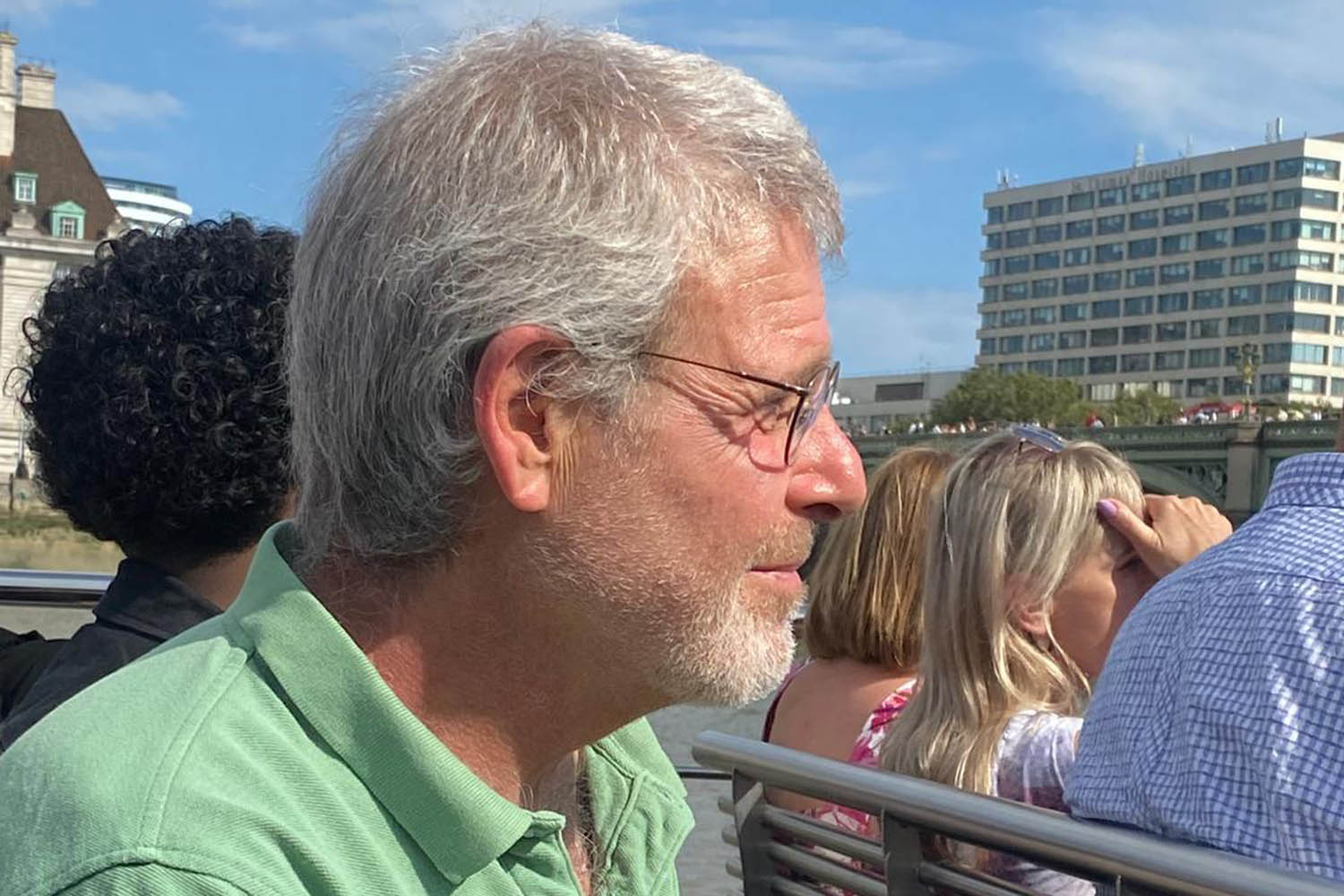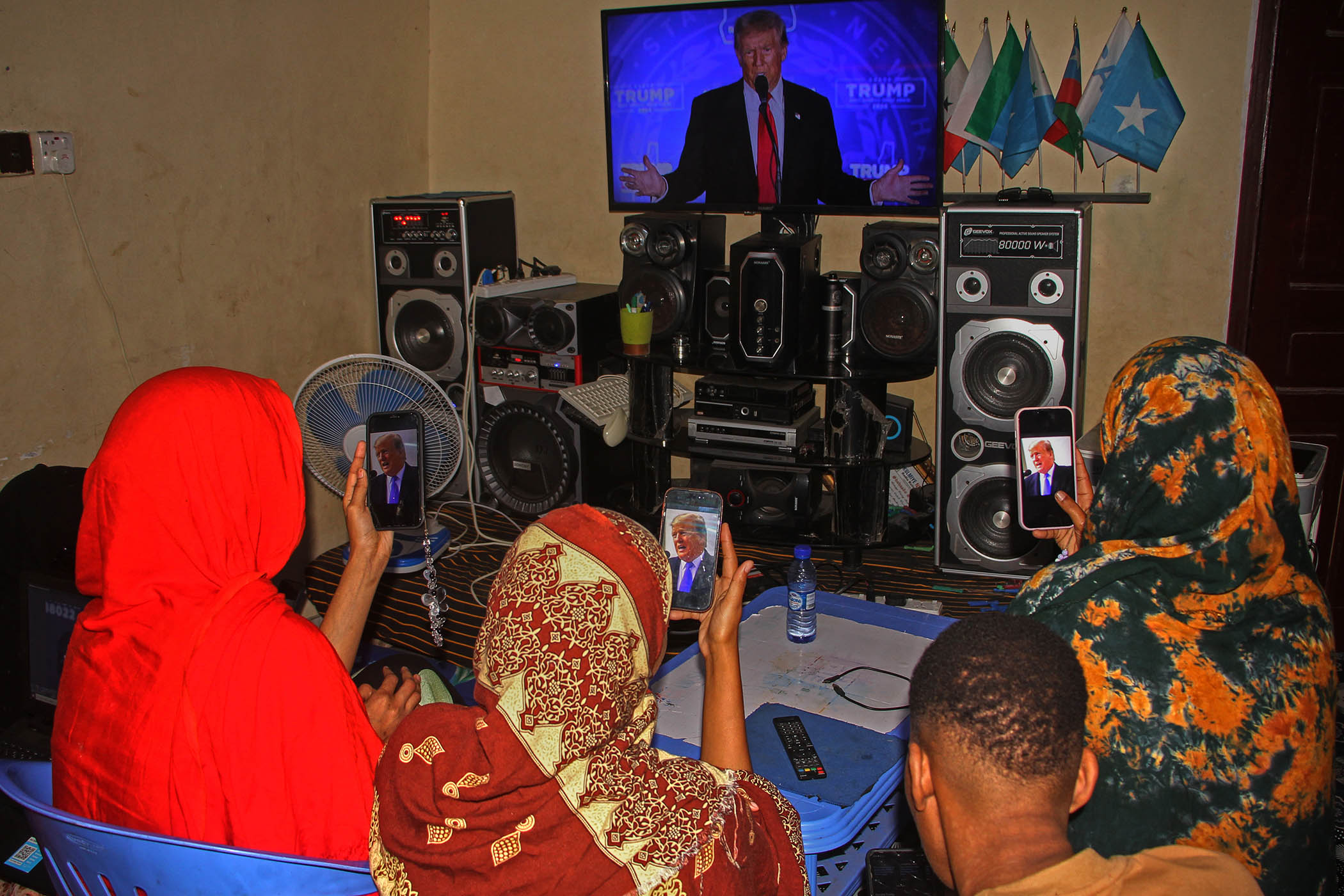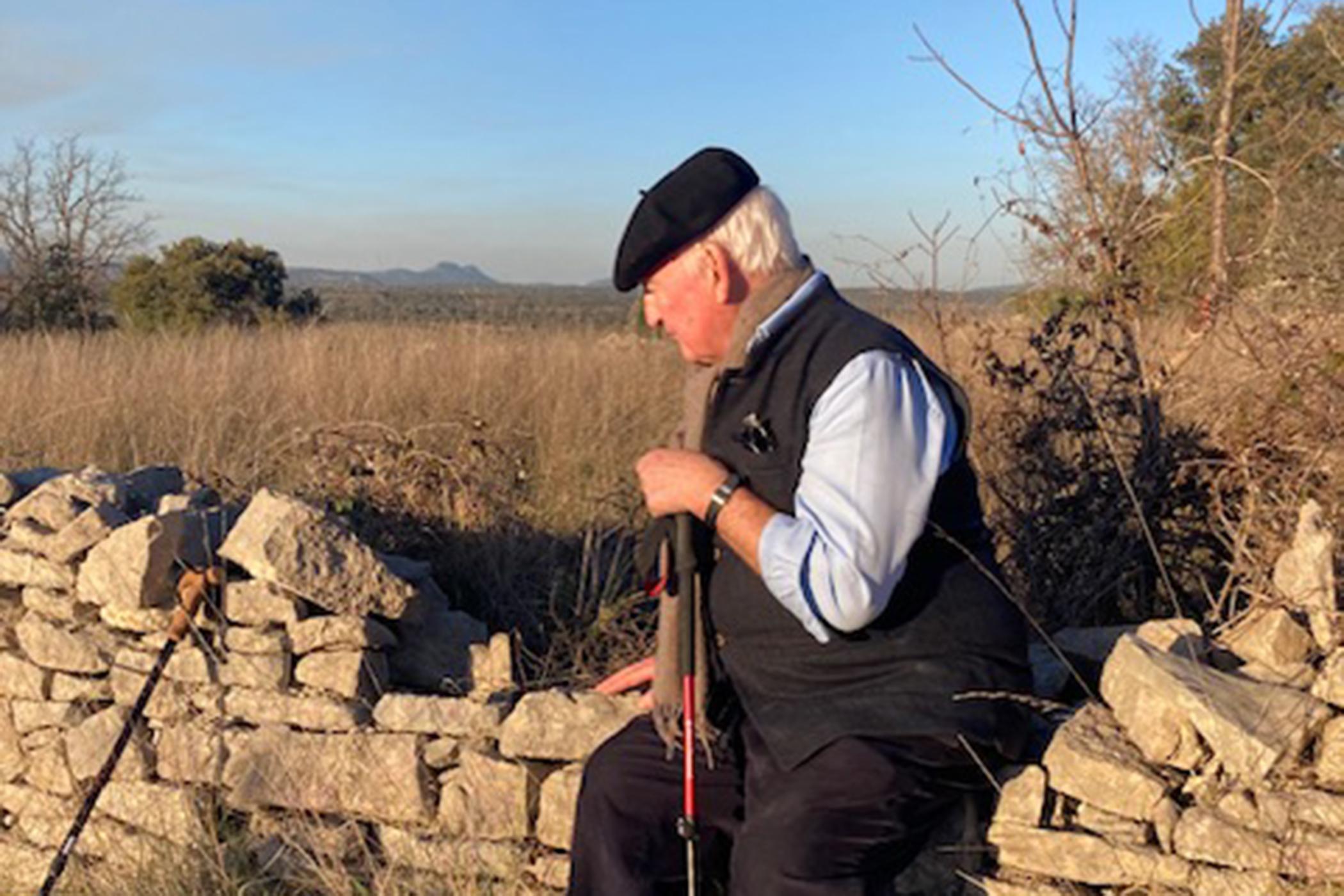Jim Meyer normally joked that other human beings had better stories to tell than the stories of their own lives. It was not therefore surprising that he talked little about himself. He encouraged those he met to share their experiences.
“It was a lesson I learnt as a filmmaker focusing on death row prisoners; some committed crimes because they felt neglected by the world,” Meyer said in 2010.
Avoiding attention left his friends knowing very little about who Jim Meyer really was. This was the case with a cohort of journalists he met from the east Africa region in 2007 during the rollout of the David Astor Journalism Awards Trust programme, a concept he developed to promote the professional development of promising African journalists. In the end, the journalists would know more about the trust and little about Jim Meyer.
“Jim was a kind and generous soul. Whenever I was in London, he made time for me. He loved the city and always invited me to join him for some of his favourite pleasures: fine dinners, theatre, jazz concerts, or simply wandering around. And he never let me pay for a thing,” remembers Rachael Akidi, former BBC head of east Africa.
In his final months, Meyer talked about how he found happiness in sleep due to endless dreams in which he wandered in strange, new places. He spent time doing video conferences – checking on friends, often from east Africa, and sending gifts. He also had a new hobby, watching football, and travelled with friends to watch matches.
He joked that when he died, he would like scientists to learn from his body to enhance human life. He teased that his brain was “too sharp to be buried just like that”.
Born in New York in 1955, he relocated to London aged 10 with his mother and sister to join his father, Philip Meyer, who had moved to London to set up a specialised art studio a year before. He remembers how he fell in love with the city and made it his home, despite maintaining his US citizenship.
Throughout the 1970s, he took an interest in global politics. He watched Margaret Thatcher’s government declare the African National Congress (ANC), the South African liberation movement party, to be a terrorist organisation, despite Britain offering asylum to its leaders.
Meyer was inspired by David Astor, the former editor and owner of The Observer newspaper, who helped the South African anti-apartheid movement become a global campaign. “It showed me the impact print media can bring for change,” he said.
When discussing with the Astor family ways to establish David’s legacy, Meyer’s idea was to mentor young journalists in Tanzania, Uganda and Kenya to embody the editor’s bravery, rigour for truth-telling, strong moral convictions and belief in social justice.
Meyer visited English media newsrooms in east Africa to encourage young journalists by exposing them to the best of journalism in the UK and South Africa. These young journalists became the fellows of the David Astor Journalism Awards Trust.
He walked into newsrooms as a stranger, and walked out as a friend. He discussed African politics, offered advice and blended in effortlessly. He visited the homes of some of the fellows and laughed and dined with their spouses and children. In later years, he was fondly referred to as “babu” – a Swahili word for grandfather.
Meyer scrutinised prospective candidates for the fellowship meticulously, speaking to dozens of people to understand candidates’ characters and commitment to contributing to positive change, professionally and in their communities.
Since 2008, the fellowship has supported 30 journalists, a majority of whom went on to excel in their careers, some managing the region’s biggest newspapers. The runner-up candidates also cultivated a close relationship with Meyer, who would link them up with opportunities for growth.
For the fellows placed in London, Meyer gave his personal time to ensure they built long-term professional networks. Outside the newsroom, he would act as a personal tour guide and help the fellows to get to know their benefactors, the Astors, better. His favourite spot was St James’s Square, where he pointed to the plaque that marked the home of David Astor’s mother – the first female member of parliament.
Meyer was a big jazz fan. He took the east Africans who came to London to gigs; he talked about how Africa led him to discover Afrobeat, and attended performances to mark the birthday anniversaries of Fela Kuti, the Nigerian musician and activist, in London.
When the programme ended in 2017 due to funding challenges, Meyer convened 20 fellows in Nairobi, Kenya, for a memorable and emotional reunion discussing the highs and lows of their experience. He was sad that the programme had folded, but was grateful for the impact it had made.
Meyer instilled in the fellows a spirit of courage, integrity and purpose. It echoes in the stories they tell and in every effort they have made to uphold the values he championed under the programme. His legacy is not only written in the lives he transformed, but in the unwavering standard he set for what journalism in Africa can, and should be.
Erick Kabendera is a Tanzanian journalist and a friend of Jim Meyer. He was the winner of the David Astor award in 2009.
James (Jim) Robert Meyer was born on 28 November 1955 and died on 12 June 2025
Newsletters
Choose the newsletters you want to receive
View more
For information about how The Observer protects your data, read our Privacy Policy


